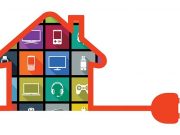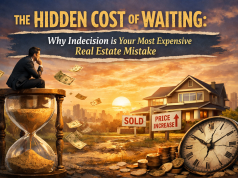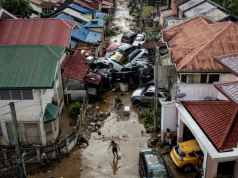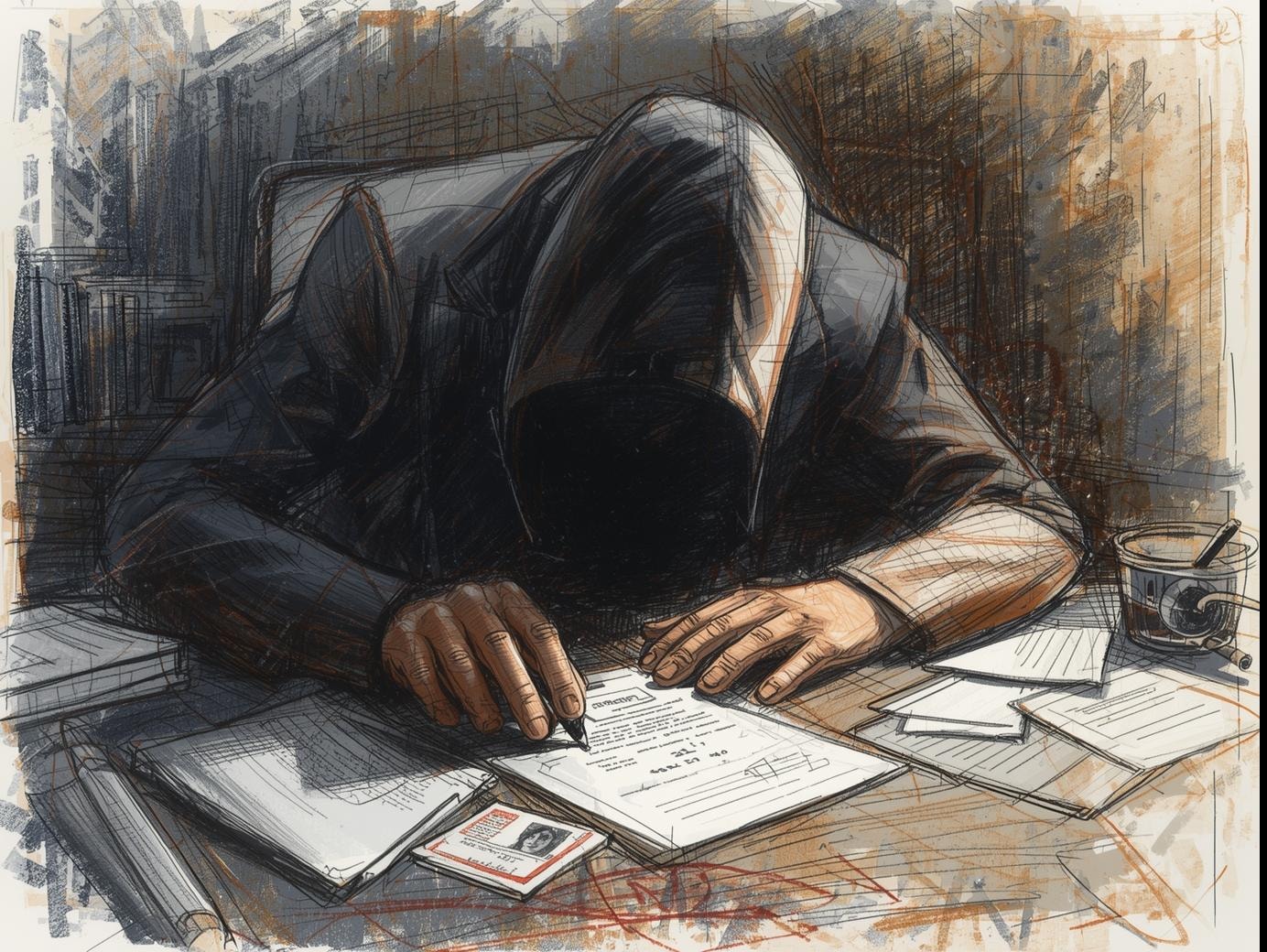
Executive Summary
By Sheila Viesca, Ph.D.
With insights from John Riad, CEO of HousingInteractive
The Philippine real estate market is under attack. A surge of unlicensed individuals, operating as so-called “real estate agents,” are preying on unsuspecting Filipinos. These aren’t just small-time hustlers; they are a dangerous, unregulated force that poses a direct threat to your life savings and financial security. This is a critical issue that demands your immediate attention and action.
An Unlicensed Agent Is A Fraud
An unlicensed agent is a fraud, plain and simple. They lack the legal authority, professional training, and ethical standards required to protect you. They can’t produce a legitimate PRC license, and for good reason: they haven’t earned one. They operate in the shadows, using fake identities and stolen information to deceive. When things go wrong—and they almost always do—you have zero recourse. Your money is gone, you have no legal protection, and you are left to deal with the fallout alone.
The solution is simple: Always work with a licensed professional. The Real Estate Service Act of the Philippines was created to protect you. The PRC exists to regulate the industry and ensure accountability. By choosing a licensed agent, you are not only making a smart decision but also investing in a secure and transparent transaction. You are guaranteed a professional who has passed rigorous exams, adheres to a strict code of ethics, and is held accountable by a government body. This is your only safeguard against fraud, misrepresentation, and financial ruin.
Don’t be a victim. Verify an agent’s license on the PRC website before you ever sign a document or hand over any money. If they can’t or won’t provide their credentials, walk away immediately. If you’ve already been scammed, you have options available to you. File a complaint with the PRC and, if the fraud is criminal, report it to law enforcement. Educate yourself, be vigilant, and insist on working with a verified professional. Your financial future depends on it.
Why This Problem is Widespread
The core reason for this prevalence is a fundamental lack of awareness and a disregard for the law. Many unlicensed agents are simply uninformed about the requirements of the Real Estate Service Act (RESA) or choose to operate outside of it, believing they can do so without consequence. This behavior is enabled by a consumer base that often doesn’t know to ask for proper credentials.
Key Contributing Factors:
- Lack of Consumer Awareness: Many buyers and sellers are unaware that a valid PRC license is a legal requirement for real estate practitioners. This gap in knowledge makes it easier for unlicensed agents to operate undetected, as consumers do not always ask for proof of licensure or understand the risks involved in working with unverified individuals.
- Perceived Convenience: Unlicensed agents may offer lower fees or seem more accessible, luring clients away from legitimate channels. They often promise faster transactions or bypass certain formalities, appealing to those who want quick deals without the hassle of thorough verification processes.
- Fraud and Deception: Unlicensed agents often use fake or stolen identities to evade detection, making them difficult to track. Their deceptive tactics can include presenting counterfeit documents, forging signatures, or manipulating contract terms to their advantage, putting consumers at significant financial and legal risk.
- Inadequate Enforcement: Despite regulations, enforcement against unlicensed practice can be inconsistent due to limited resources or bureaucratic delays. This allows unlicensed agents to continue operating with relative impunity, further emboldening illicit activities within the real estate sector.
- Economic Pressures: The demand for affordable housing and competitive property prices sometimes pushes consumers to take risks by engaging with unlicensed agents who promise better deals. This economic factor contributes to the persistence of unlicensed agents in the market despite the dangers they pose.
- Lack of Further Education Opportunities: Some potential agents are unable to meet the educational requirements to become licensed, leading them to operate illegally. The absence of accessible further education or training programs limits their ability to enter the profession legitimately, perpetuating the cycle of unlicensed practice.
Who Are Unlicensed Agents?
An unlicensed real estate agent is any person who offers real estate services for compensation without a valid and current license issued by the PRC. This category is broad and can include:
| Category | Description |
|---|---|
| Individuals who have never obtained a license | They may believe they can practice without formal training or simply choose to disregard the law. |
| Former licensed professionals with revoked licenses | Those who had their license revoked due to malpractice, unethical conduct, or criminal convictions attempt to re-enter the industry despite being refused licenses. |
| Agents with expired licenses | Agents whose licenses have expired and have failed to renew them, yet continue to practice illegally. |
The Risks and Impact of Unlicensed Agents
Working with an unlicensed agent is a high-risk gamble. The consequences can be severe, ranging from financial loss to legal and identity-related issues.
| Risk Category | Specific Dangers |
| Financial | Misappropriation of funds, fraudulent contracts, hidden fees, and no recourse to recover lost money. |
| Legal | Lack of valid documentation, transactions that may be deemed void, and personal liability for any illegal activities committed by the agent. |
| Identity & Security | Potential for identity theft and exposure of personal and financial information to criminal elements. |
Understanding the dangers posed by unlicensed agents is crucial for protecting yourself and the integrity of the real estate market. Below are the key points highlighting why unlicensed agents are a significant threat:
- Operate Outside Legal Boundaries: Unlicensed agents lack the necessary oversight and accountability that licensed professionals are subject to, operating entirely outside the law.
- Expose Consumers to Risks: Consumers face significant risks such as fraud, misrepresentation, and financial loss when dealing with unlicensed agents.
- Lack of Proper Training and Ethics: These agents often do not have the education, training, or ethical standards required to handle complex real estate transactions effectively.
- Undermine Market Integrity: Their presence creates an uneven playing field, forcing licensed professionals to compete with individuals who do not follow established rules and standards.
- Decrease Consumer Confidence: The prevalence of unlicensed agents harms the reputation of the real estate industry and reduces public trust.
- Use Deceptive Tactics: Unregistered agents may lure clients with lower fees or promises of faster transactions, often sacrificing legal protections and professional safeguards.
- How to Protect Yourself:
- Always insist on working exclusively with licensed real estate brokers and salespersons.
- Verify credentials through the PRC before engaging in any transaction.
- Be cautious of anyone unwilling or unable to provide proof of licensure.
By recognizing these risks and taking proactive steps, you contribute to a safer, more transparent real estate market for all.
Differentiating Licensed and Unlicensed Professionals
The Philippine real estate landscape is governed by a clear distinction between licensed and unlicensed practitioners, a critical difference that directly impacts your safety as a consumer. Only individuals who have successfully passed the rigorous licensing examinations administered by the Professional Regulation Commission (PRC) can legally practice as a real estate broker or salesperson.
- Real Estate Broker: A licensed broker has the authority to operate independently and can supervise multiple real estate salespersons. They possess a deep understanding of real estate laws, market trends, and ethical practices.
- Real Estate Salesperson: A licensed salesperson must operate under the direct supervision of a licensed real estate broker. They are authorized to facilitate transactions but are not allowed to practice independently.
Unlicensed individuals, by contrast, lack this foundational knowledge, training, and ethical framework. They have not been vetted by a government body and operate without a legal safety net.
The Dangers of Unverified Practice
Unregistered agents often engage in deceptive and fraudulent activities that licensed professionals would never consider due to legal and ethical constraints.
- Selling Problematic Properties: They may sell properties with questionable titles or undisclosed liens, leaving the buyer with a legal nightmare.
- Misrepresentation: Unlicensed agents are notorious for misrepresenting a property’s condition, location, or features to secure a quick sale.
- Lack of Accountability: Since they operate without a verifiable office or track record, they are nearly impossible to hold accountable when a transaction goes wrong.
Under Philippine law, unlicensed agents are subject to severe legal penalties and sanctions, including fines and imprisonment. This underscores the seriousness of their illegal activities and the significant risk they pose to the public. The first and most critical step in any real estate transaction is to verify the agent’s license and, for salespersons, confirm their affiliation with a legitimate, licensed real estate broker.
The Regulatory Landscape: A Framework Under Pressure
The Philippines has a strong legal framework in place to regulate the real estate industry, primarily through Republic Act No. 9646, also known as the Real Estate Service Act (RESA) of the Philippines. This law mandates that all real estate service practitioners, including brokers, appraisers, and consultants, must be licensed and registered with the PRC. The regulations established by this law set the standards for real estate licensing and professional conduct.
The PRC, along with the Department of Human Settlements and Urban Development (DHSUD), serves as the main regulator responsible for enforcing these laws. They are tasked with:
- Administering licensure examinations.
- Issuing and renewing professional licenses.
- Investigating complaints and issuing cease and desist orders against unlicensed agents.
- Promoting a high standard of professional ethics.
- Implementing new laws and procedures to combat unlicensed practice.
- Conducting financial and police checks to determine whether an individual should be granted, suspended, or have their license revoked.
A robust regulatory framework is essential to protect consumers from the risks posed by unlicensed practitioners. However, it has been nearly a decade since significant updates to real estate laws, which have impacted the effectiveness of regulations in preventing criminals from re-entering the sector. By centralizing the licensing process and providing a platform for complaints, the government aims to create a transparent and trustworthy environment for real estate transactions. Consumers are encouraged to use the PRC’s official online verification services to check an agent’s license status, a simple step that can prevent future heartbreaks and financial disasters.
Regulatory Efforts and Consumer Protection
Regulatory bodies like the Professional Regulation Commission (PRC) are actively fighting back against this illegal practice. They are stepping up enforcement and providing powerful tools to empower consumers.
PRC’s Actions:
- Issuing Cease and Desist Orders: The PRC regularly issues orders to unlicensed agents, compelling them to halt their illegal activities.
- Online Verification Systems: The PRC has a user-friendly system that allows anyone to verify an agent’s license status quickly and easily online.
- Public Awareness Campaigns: The PRC is working to educate the public on the risks of dealing with unlicensed agents and the importance of using licensed professionals.
Your Role in Combating Fraud
Combating the prevalence of unlicensed agents requires a collective effort. By taking a proactive approach, you can protect yourself and contribute to a safer, more transparent real estate market.
Recommendations for Consumers:
- Always Verify: Before any transaction, ask for the agent’s PRC ID and verify it on the official PRC website.
- Demand Documentation: Never pay money or sign any documents without a clear, written agreement that is properly documented.
- Report Suspicious Activity: If you suspect an individual is operating without a license, report them to the PRC and local law enforcement.
By choosing to work only with licensed professionals, you not only safeguard your interests but also help strengthen the entire real estate industry, ensuring a more secure future for all.
Taking Control: Navigating the Market Safely
In the face of this growing threat, consumers are their own best advocates. By taking a few key precautions and following expert advice, you can significantly reduce your risk and ensure a safe and successful real estate journey.
- Verify, Verify, Verify: This is the most crucial step. Before engaging with any agent, ask for their official PRC ID. You can and should independently verify this information through the PRC’s official website or by contacting their office directly.
- Check for Complaints: Look for any public complaints or disciplinary actions against the agent or their company. A quick online search can often reveal valuable information and potential red flags. If you need to report an unlicensed agent, draft a formal letter or affidavit detailing your complaint to submit to the appropriate authorities.
- Demand Documentation: Be wary of agents who demand upfront fees without providing a clear, written agreement. All contracts should be reviewed by a qualified legal professional, and every financial transaction should be accompanied by a receipt.
- Recognize the Warning Signs: Be on the lookout for high-pressure sales tactics, promises that seem too good to be true, or a general lack of transparency. A legitimate, licensed agent will be professional, forthcoming with information, and prioritize your best interests over a quick sale.
A Partner in Your Journey: Why Choose HousingInteractive
In a market saturated with unlicensed practitioners, partnering with a reputable and pioneering real estate brokerage is not just a preference; it’s a necessity. This is where a brokerage company like HousingInteractive stands out. As one of the first and largest online real estate platforms in the Philippines, HousingInteractive has a long-standing commitment to professional, transparent, and ethical real estate practices that benefit the entire community.
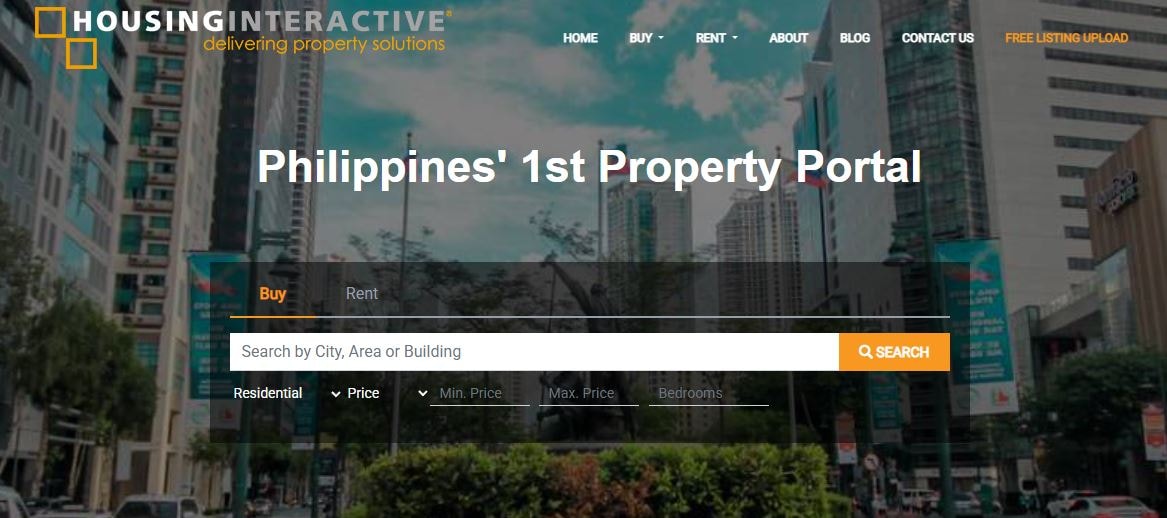
Here’s how working with a trusted platform like HousingInteractive directly addresses the risks posed by unlicensed agents:
- Verified Professionalism: HousingInteractive exclusively partners with licensed real estate brokers and accredited agents. This means that every professional you encounter through their platform has been vetted, is in good standing with the PRC, and adheres to a strict code of ethics. This eliminates the risk of dealing with an individual who lacks the legal authority or professional training to conduct a transaction.
- Transparency and Accountability: HousingInteractive’s business model is built on transparency. They provide detailed property descriptions, high-quality visuals, and a clear process for all transactions. This commitment to transparency ensures you are fully informed and can make a confident decision, significantly reducing the chances of misrepresentation or fraud.
- Leveraging Technology for Your Benefit: HousingInteractive utilizes cutting-edge technology to streamline the real estate process. Their AI-driven search features and extensive network of buyers and sellers ensure that properties are matched efficiently. For consumers, this translates to a more organized and stress-free search experience, providing access to a wide range of legitimate listings without the fear of encountering a scam.
- Industry Expertise and Support: With years of experience and a proven track record, HousingInteractive has successfully facilitated thousands of transactions for both individuals and high-profile corporate clients like the Asian Development Bank. Their team of seasoned professionals provides expert guidance, from negotiating prices to navigating legal and logistical aspects of the buying process. This level of professional support is something an unlicensed agent simply cannot provide.
By choosing to work with an established and reputable firm like HousingInteractive, you are not just finding a property; you are securing peace of mind. You are entrusting your significant investment to a team that is accountable, transparent, and dedicated to upholding the highest standards of the real estate profession.
A Call for a Safer Real Estate Market
The presence of unlicensed agents in the Philippine real estate industry is a serious problem that demands immediate attention. While regulatory bodies like the PRC are actively working to address this issue, the responsibility also lies with the public. By educating ourselves on the risks and taking the necessary precautions, we can collectively push back against this unauthorized practice.
The real estate industry, regulatory bodies, consumers, and trusted partners like HousingInteractive must work together to maintain the integrity of the market. Let us choose to be vigilant, demand professionalism, and protect our investments by dealing exclusively with licensed professionals who adhere to the rules. By collaborating with reputable platforms such as HousingInteractive, which prioritizes transparency and accountability, we can ensure that the dream of homeownership remains a secure and transparent reality for all Filipinos.















